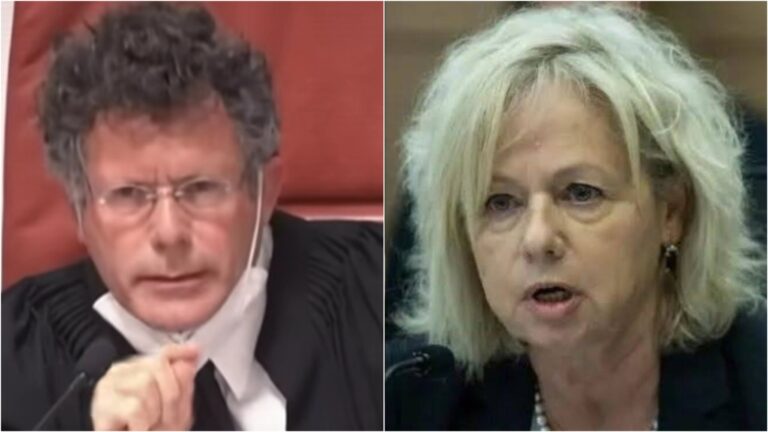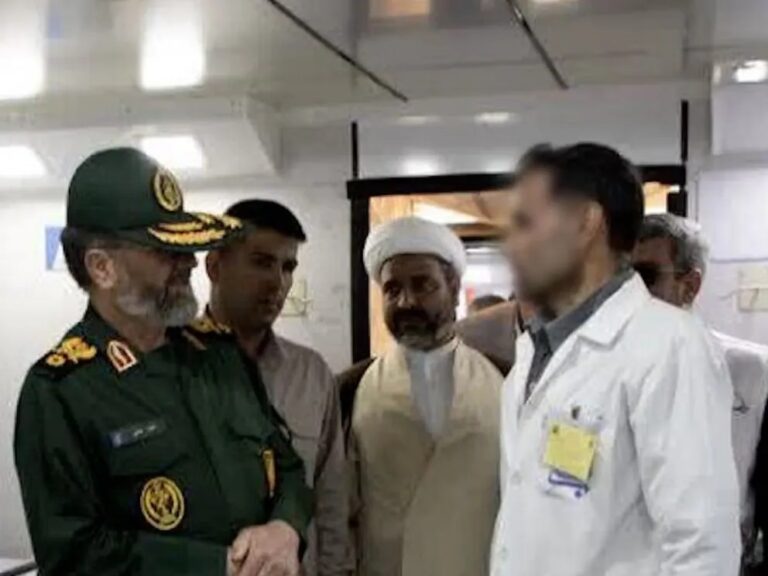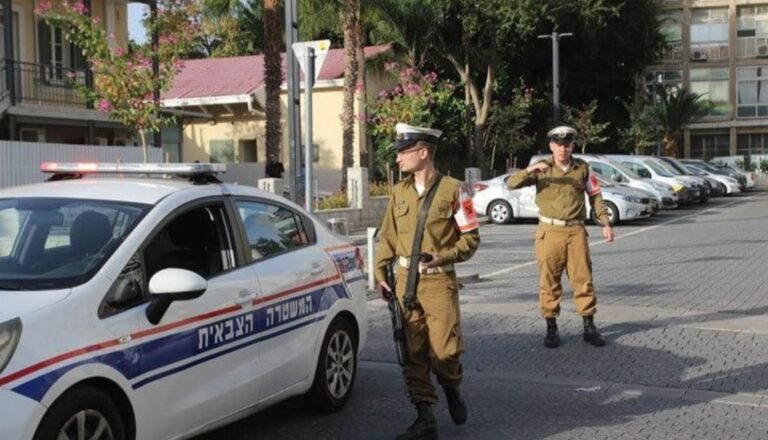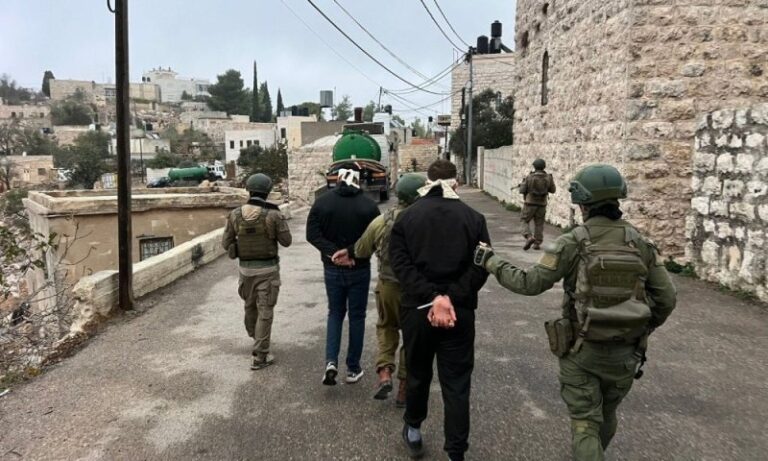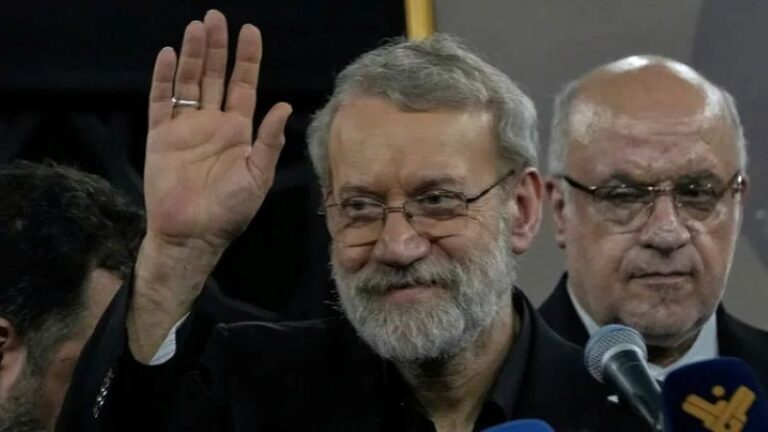 A 73-year-old American hostage killed by a CIA drone strike in Pakistan was an international development worker whose family described him as passionate about helping people out of poverty.
A 73-year-old American hostage killed by a CIA drone strike in Pakistan was an international development worker whose family described him as passionate about helping people out of poverty.
President Barack Obama announced Thursday that Warren Weinstein was accidentally killed in January, when the U.S. targeted an al-Qaida compound where Weinstein was held hostage. Weinstein’s family was notified of his death Wednesday.
In a statement Thursday, Weinstein’s wife, Elaine Weinstein, said the family is devastated.
“We were so hopeful that those in the U.S. and Pakistani governments with the power to take action and secure his release would have done everything possible to do so, and there are no words to do justice to the disappointment and heartbreak we are going through,” Elaine Weinstein said.
“But those who took Warren captive over three years ago bear ultimate responsibility. I can assure you that he would still be alive and well if they had allowed him to return home after his time abroad working to help the people of Pakistan.”
Warren Weinstein, of Rockville, Maryland, was a business development expert working in Pakistan on a contract with the U.S. Agency for International Development. He lived in Pakistan from 2004 until he was kidnapped in 2011. He was abducted four days before the end of his seven-year assignment.
Weinstein was “focused on helping Pakistani families escape poverty and have a better life for their children,” Obama said at the White House. Weinstein was working as the country director in Pakistan for J.E. Austin Associates, an Arlington, Virginia-based firm advising Pakistani businesses and government on economic development.
While working in the country, Weinstein wore traditional Pakistani garments and spoke Urdu. He was very devoted to the region and its people for much of his career.
Elaine Weinstein blamed the Pakistani government for not doing more to help.
“Warren’s safe return should have been a priority for them, based on his contributions to their country, but they failed to take action earlier in his captivity when opportunity presented itself, instead treating Warren’s captivity as more of an annoyance than a priority,” she said. “I hope the nature of our future relationship with Pakistan is reflective of how they prioritize situations such as these.”
Ever since Weinstein was captured, his family held out hope he would return home.
“If I give up hope, I won’t get up in the morning,” his wife told The Associated Press last year. She kept their home tidy but refused to redecorate without her husband there.
The president called the family with the news Wednesday. Now the family is waiting for more information to decide whether they should have a funeral or memorial service, said family friend James Sandler.
At their home in Maryland, friends and neighbors left flowers near a tree that was wrapped with yellow ribbons.
Weinstein appeared in a video in late 2013, appealing to Obama to negotiate his release. Weinstein said he felt “totally abandoned and forgotten.” It was impossible to tell whether the statement was scripted by his captors.
“Nine years ago I came to Pakistan to help my government, and I did so at a time when most Americans would not come here, and now when I need my government it seems that I have been totally abandoned and forgotten,” Weinstein said during the 13-minute video. “And so I again appeal to you to instruct your appropriate officials to negotiate my release.”
Lawmakers from Weinstein’s home state of Maryland are calling for a full accounting of how the events transpired that led to the accidental killing. Rep. John Delaney said the U.S. needs to improve its intelligence and coordination in how it responds to hostage situations.
“Warren represented the very best of our country; he was a gentle and loving man who dedicated his career to building a better world,” Delaney said. “I’m saddened, disappointed and outraged that our government was not able to bring Warren home. … I feel like his country failed him in his greatest time of need.”
(AP)

